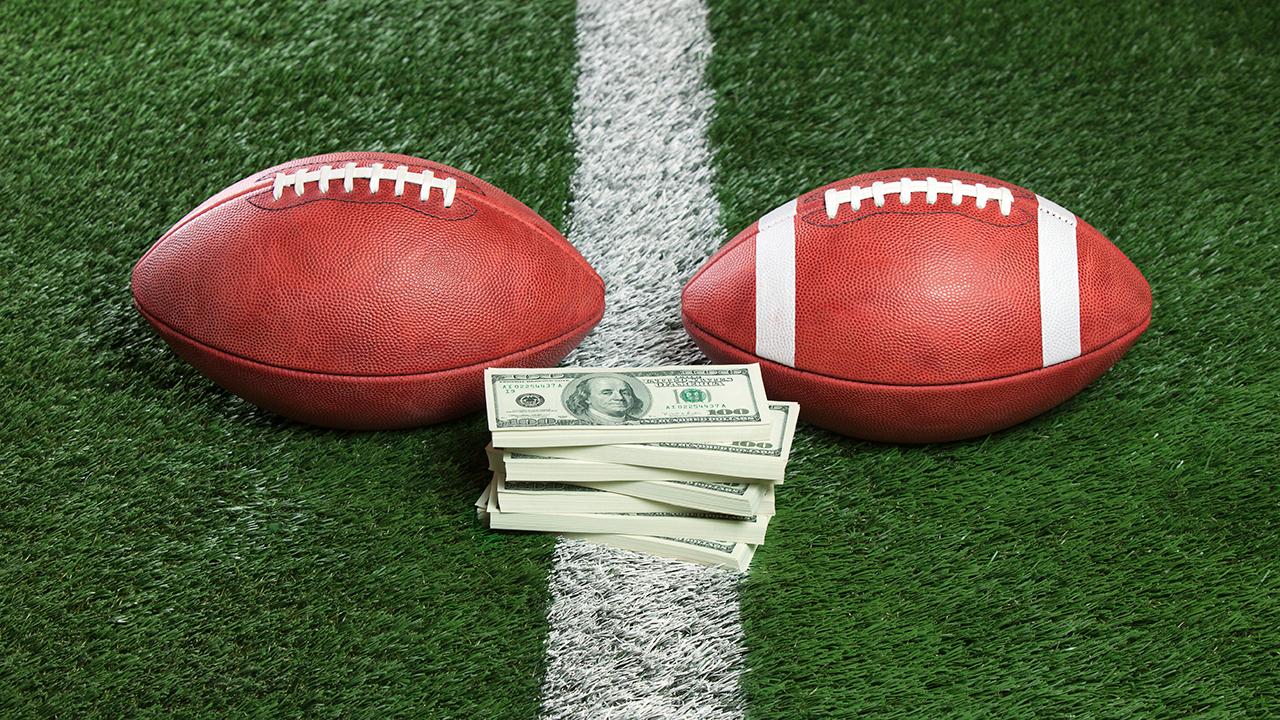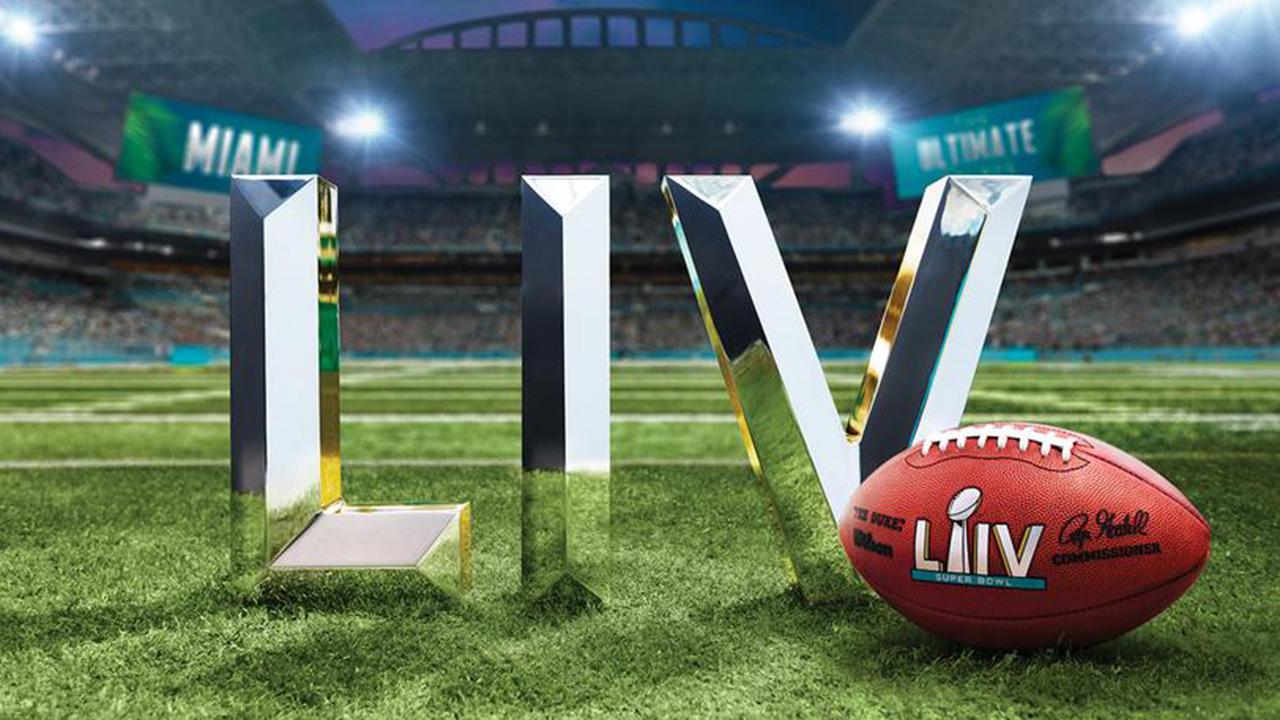Super Bowl LIV: How Miami Dolphins owner Stephen Ross will profit
Dolphins' Hard Rock Stadium set to host game
The Miami Dolphins finished the 2019 season with one of the worst records in the NFL, but the team's billionaire owner, Stephen Ross, still stands to profit from Super Bowl LIV.
Ross' windfall is tied to Hard Rock Stadium, the host venue of the upcoming title game on Feb. 2 and regular-season home of the Dolphins. As part of a $500 million privately funded renovation of Hard Rock Stadium, Miami-Dade County Officials agreed to pay the Dolphins annual bonuses, funded by hotel tax revenue, based on whether the facility attracted marquee events.
When Super Bowl LIV kicks off, the Dolphins will earn their largest bonus payout to date, according to the Miami Herald. Miami-Dade County will pay Ross' team $4 million.
WHY SUPER BOWL GATORADE BATH IS WORTH MILLIONS TO SPORTS DRINK BRAND
"It's an incentive for [the Dolphins] to keep the stadium a kind of place that marquee events want to travel to," Miami-Dade County budget director Jennifer Moon told the Herald.
The $4 million payout comprises a sizable chunk of the cost of Super Bowl LIV to Miami-Dade County taxpayers. The county is expected to spend up to $20 million toward preparations in total, including security and infrastructure, according to the Herald.
Ross, who built his fortune through real estate and other investments, has a personal net worth of $7.6 billion, according to Forbes. He drew scrutiny last year after he hosted a fundraiser for President Trump. The decision prompted Equinox Fitness and SoulCycle, two businesses in which Ross has invested, to publicly distance themselves from him.
GET FOX BUSINESS ON THE GO BY CLICKING HERE
Super Bowl organizers, and the NFL itself, has long asserted that the benefits of hosting the game outweigh any expenses. For last year's game at Mercedes-Benz Stadium in Atlanta, the local host committee projected an economic impact of $186 million. Impact studies commissioned by past host committees asserted an even more lucrative benefit, often amounting to hundreds of millions of dollars.
While some financial boost likely does occur, sports economists are generally skeptical of Super Bowl impact studies commissioned by host committees.
"When one looks back at the actual data, we don't find bumps of hundreds of millions of dollars," Victor Matheson, a sports economist at the College of the Holy Cross, told FOX Business in 2016. "When economists do look back, we find increases in economic activity of $30 million to $120 million."





















